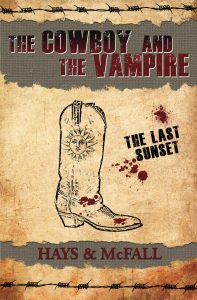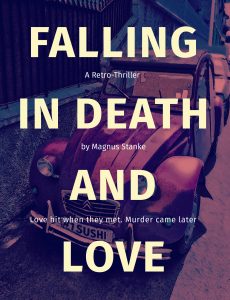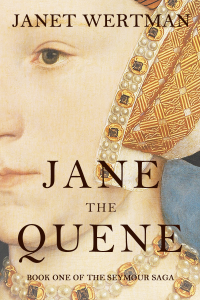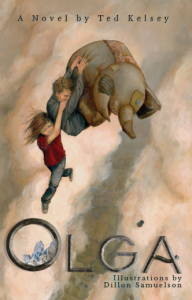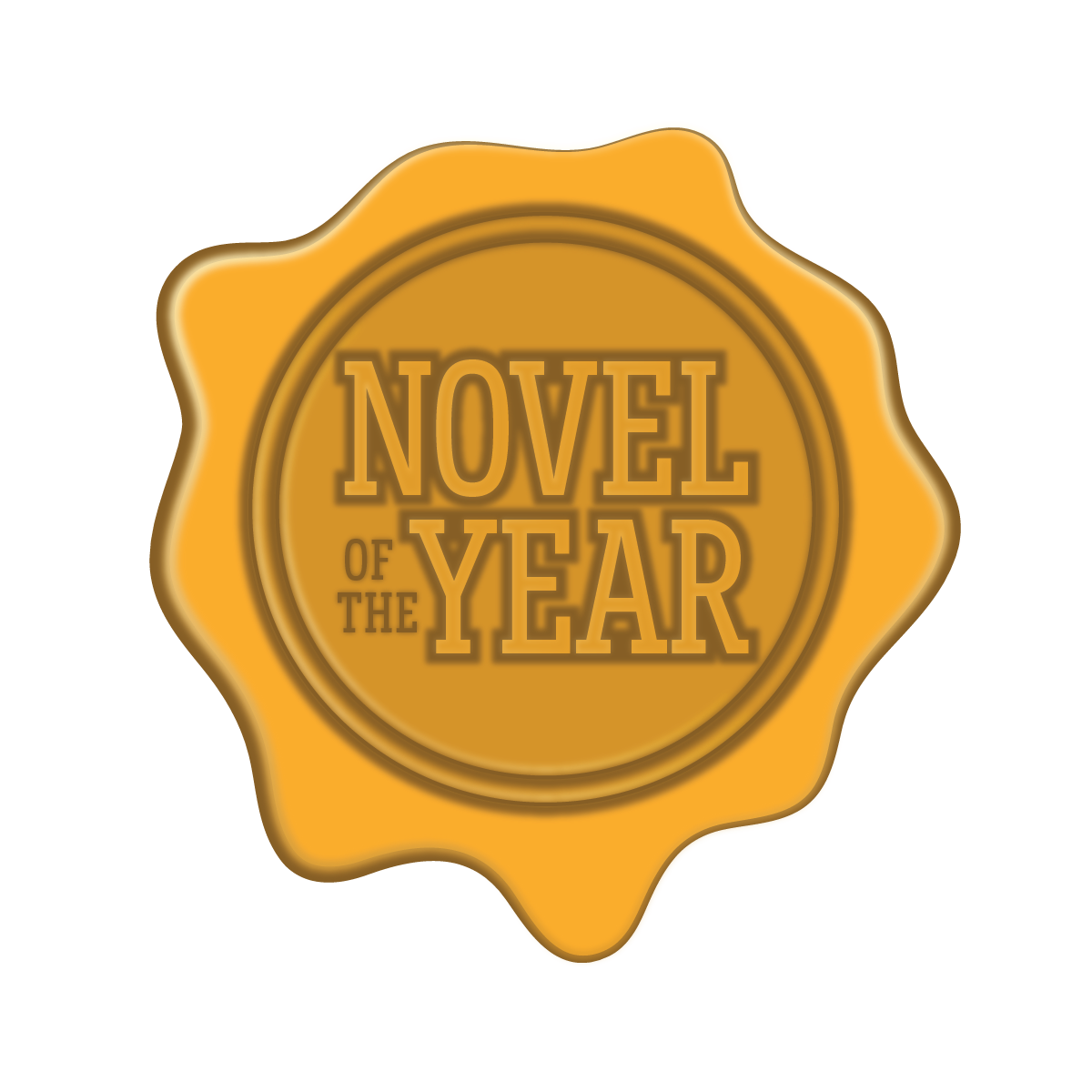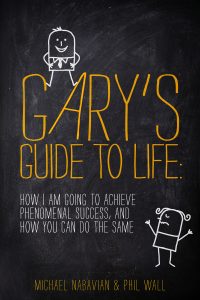The Rundown
The Recommendation
The Rating
The Links
The Reviewer
Renee Miller
Visit Renee Miller‘s website.Recently, someone commented on an article here on UBR in reply to my statement that "Every story has already been written." Some of you disagree, I know. A few wonder why we bother if all plots have essentially been done. What’s the point if you can’t add anything fresh or original?
Because, dear writers, it’s all part of the challenge that is fiction.
First, let’s get into my first statement. Every plot has been written. No matter what the story, the structure, the beginning, middle or end, every basic plot we come up with has probably already been done in some form. I stand by this statement, because it's true. Examples? Of course.
First, let's look at Christopher Brooker's seven basic plots theory:
- Overcoming the Monster (Beowulf, The Hunger Games, Harry Potter)
- Rags to Riches (Cinderella, Great Expectations)
- The Quest (Lord or the Rings, Iliad)
- Voyage and Return (Alice in Wonderland, Narnia Chronicles, Wizard of Oz)
- Comedy (Bridget Jones Diary, A Midsummer Night’s Dream)
- Tragedy (Macbeth, Romeo and Juliet, The Picture of Dorian Gray)
- Rebirth (The Grinch, Beauty and the Beast)
I like Brooker’s thinking, but some, like William Foster-Harris, believe there are far fewer plots out there. According to him, every story boils down to just three basic patterns of plot:
- Happy ending
- Unhappy ending
- Ambiguous ending (cliffhanger)
Looking at it that way, well it’s certainly all been done. For me, the three basic plot idea is a little over-simplified. Of course, you all might look at these two breakdowns of plot and say, “Nah, there are way more plots out there.” You might be right. So, have a look at Ronald B. Tobias’s 20 Master Plots.
- Quest
- Adventure
- Pursuit
- Rescue
- Escape
- Revenge
- Riddle
- Rivalry
- Underdog
- Temptation
- Metamorphosis
- Transformation
- Maturation
- Love
- Forbidden Love
- Sacrifice
- Discovery
- Wretched Excess
- Ascension
- Descension
Not much I can add to that off the top of my head, but thankfully, Georges Polti’s The Thirty-Six Dramatic Situations takes care of it for me. I won't list them, because I can tell you're getting tired of lists.
My point is whichever way you look at plot, kids, it’s all been done in some way. That’s okay, though, because it doesn’t mean you can’t write something unique and compelling. It’s why we work so hard to learn about character, dialogue, setting, theme, and all of that fun stuff. These are the things that make a story stand out. Plot is the structure, and these things are the heart.
With the right skills, a writer can take something a reader’s familiar with and make it new again by using the other things in their handy writer's toolbox. Besides, I believe readers have favorite genres/authors (in part) because they like the familiarity of particular plots and are drawn to them. When we give them that comfortable structure they enjoy, and still make them say “Wow,” then we’re doing our job right.
Stop obsessing over an original plot, guys. You’ll make yourself crazy. Instead, find an original IDEA. Once you have it, then work on an amazing character (or several). Combining this new idea with compelling characters and then adding a setting that carries the reader away means it doesn’t matter if the plot has been done. You’ve put fresh and new into that story, and you've made it unique.
If you’re still all “I’d rather not write what’s been written,” well, darling, I don’t know what to tell you. Keep plugging away, I guess. Maybe you’ll find that “new” thing you’re looking for. I mean, you can take a couple of the done plots and mix them up, thus making a brand new plot, although that’s also been done before too, so it’ll be a bit of a challenge.
But good for you if you're determined to try. Nothing wrong with ambition. Let me know if you succeed. Seriously. I’d love to read something that’s never been done before.


